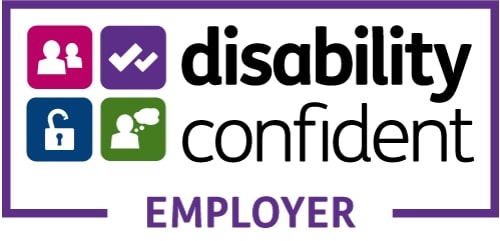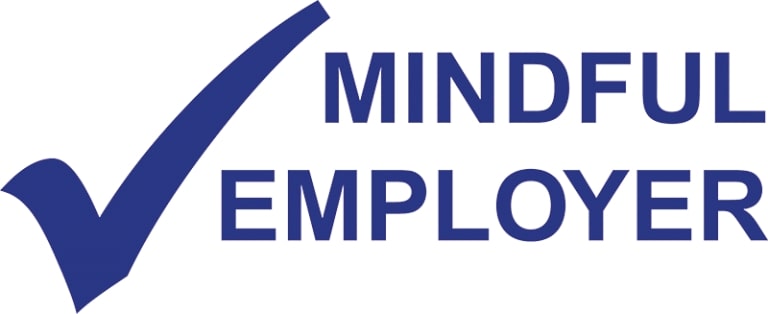What is domestic abuse?
Domestic abuse includes many different types of behaviour. It is not just carried out by men against female partners; it affects women, men and children. Domestic abuse can happen between any relationship within the home and family.
Domestic abuse and violence does not refer only to a physical attack. Selwood Housing uses the Home Office definition of domestic abuse, “Any incident or pattern of incidents of controlling, coercive or threatening behaviour, violence or abuse between those aged 16 or over, who are or have been intimate partners or family members regardless of gender or sexuality. This can encompass, but is not limited to, the following types of abuse:
- psychological
- physical
- sexual
- financial
- emotional.
Our approach to domestic abuse
The neighbourhood team at Selwood Housing will make every effort to support customers who are experiencing domestic abuse. This will often mean working with and making referrals to specialist agencies.
Quite often there may not be a simple tenancy-based solution to the situation. We will be clear with victims about this and what all their options are. This may mean you are directed to the local authority for immediate rehousing. We will remain in touch with you until the matter is resolved.
We have partnered with local authorities to ensure a united response to domestic violence. These include Wiltshire Council, Bath & North East Somerset Council, and Somerset Council.


